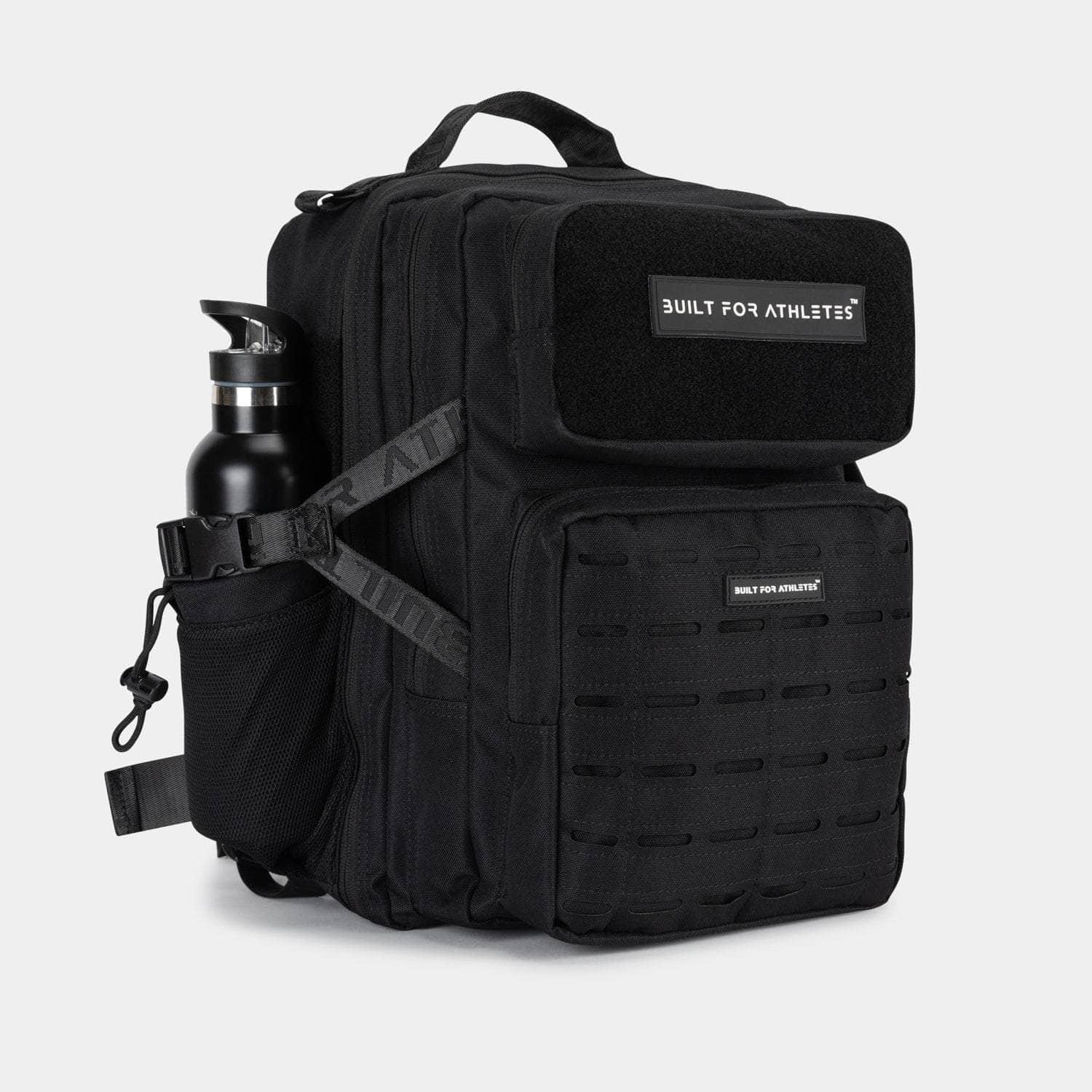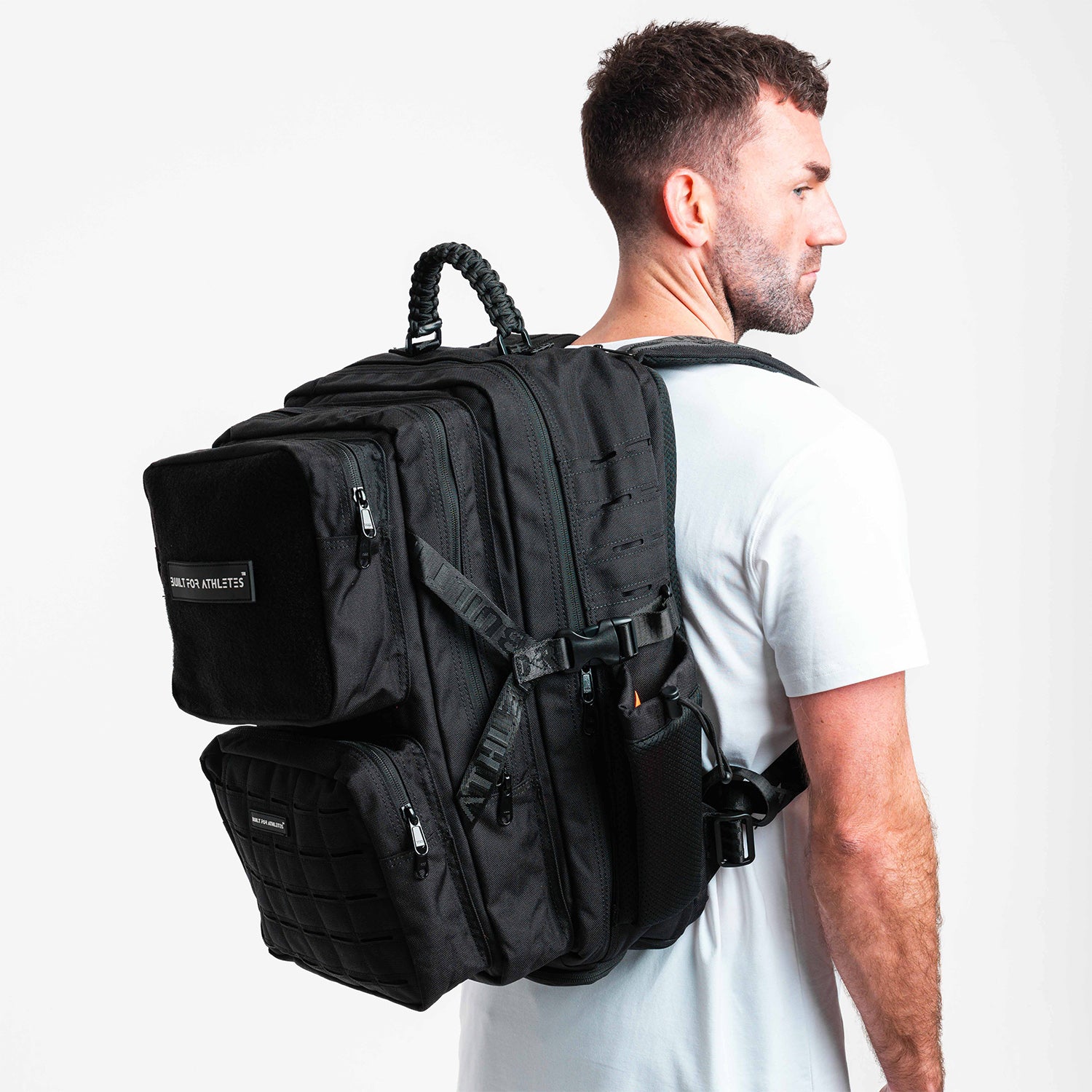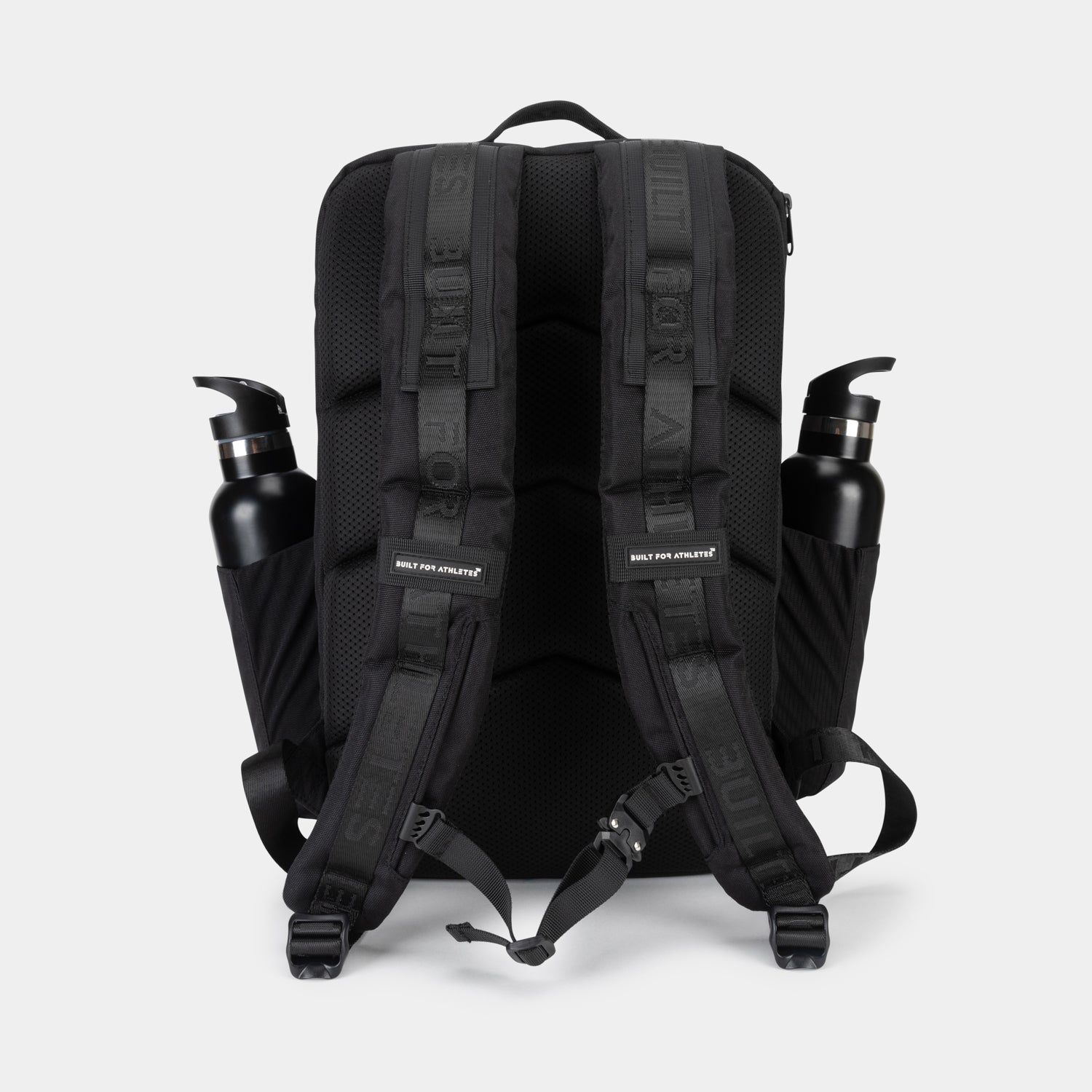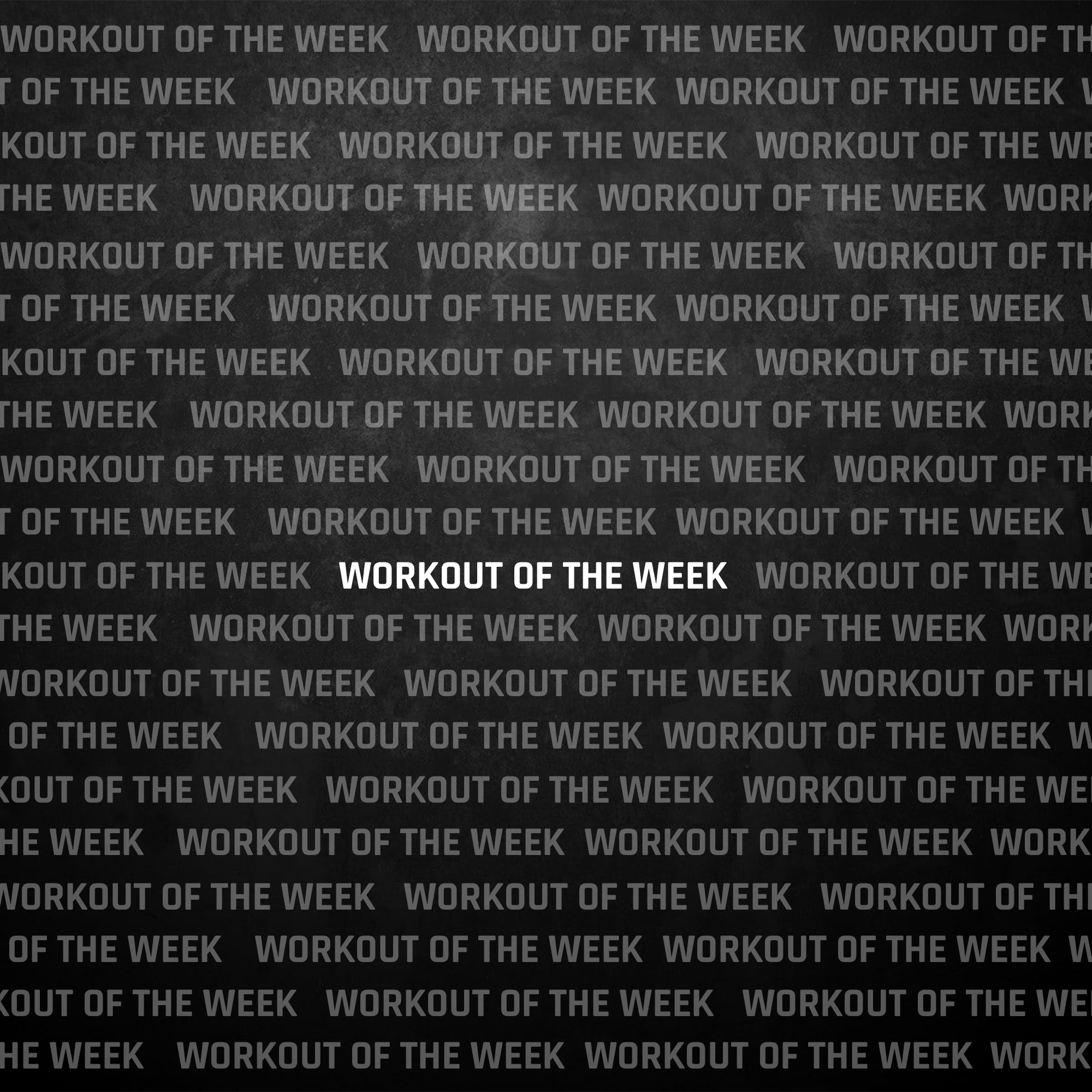Fitness is an enigma of an addiction. Exercising and eating healthily is good for us, after all. They’re habits that are deemed admirable and even indicative of moral superiority - quite the opposite to common indulgences like alcohol or drugs - so it’s a fair consideration to wonder what’s wrong with such an addiction.
But there’s a dark side to compulsive exercise - an invisible line where sport turns from a hobby to a mental and physical drain. Exercise addiction is believed to affect around three per cent of people, and is a condition recognised by the NHS and the Priory Group who treat over 30,000 people a year for mental health problems and addiction in the UK.
It’s an obsession that creeps into athleten’ lives silently, often playing out in a destructive link between self-worth and performance or conditions like orthorexia - an eating disorder that involves an unhealthy obsession with healthy eating.
It’s easy to see how this can come about, particularly in the social media age. Research by LSE in 2017 found that higher Instagram usage is linked with an increased likelihood of orthorexia, specifically citing the healthy eating community on the app as showing a high prevalence of orthorexia symptoms.
So what can we do if our love of fitness has spiralled out of control?
A lot of value is placed on having goals in the western world but, as any good self-help book will tell you, the real enjoyment and growth is in the process. So when we notice we’re getting hung up on personal bests or competition results to an unhealthy level, it’s a good idea to redress the balance.
Reminding ourselves of why we took up our sport in the first place, what we really get out of it on a deeper level, is a simple practice that can go a long way.
Some might come to the conclusion that a complete break from training is the best way forward. A couple of weeks or even months off won’t be the end of our fitness journey, and it could set us up to fall back in love with our fitness routine so we can stay in our sport for longer, helping us achieve more as well as improving our mental and physical health.
There are less drastic courses of action as well, such as setting a limit on the amount of time we spend working out every day or giving ourselves one day a week to rest completely and eat whatever we want.
The fact is that any level of athlete needs some balance in their life, and there’s lots of ways to find it so we can all get the most out of what we love doing.
























































Teilen Sie:
10 Last-Minute-Weihnachtsgeschenkideen für Sportler
Kann Koffein die Leistung wirklich fördern?